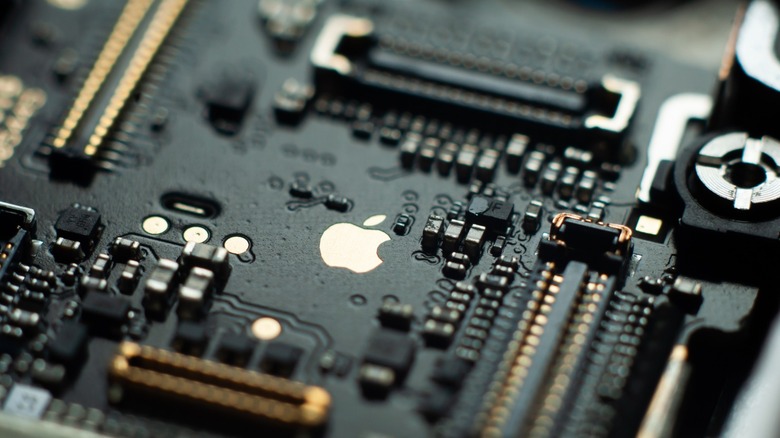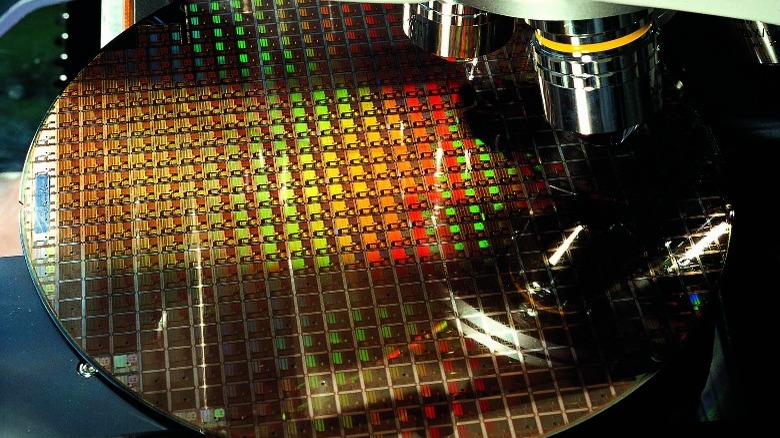New Apple iPhone 15 Rumors Suggest A17 Chip Will Bring Better Battery Life
A new year means a new iPhone, and has meant that for a long time, but a new iPhone doesn't always mean a new experience. As we noted in our review of the iPhone 14, changes to the iPhone are becoming more and more incremental and evolutionary, as opposed to the extreme changes we became accustomed to when the smartphone boom was in full swing.
In general, most smartphones — and especially flagships and premium devices — have more than enough power to get the job done. Year over year, manufacturers are oftentimes changing up the aesthetics, squeezing a few extra percentage points out of an SoC, and maybe playing with ergonomics. Incremental upgrades are a double-edged sword, though. While smartphone upgrades may not be that exciting anymore to some, keeping an older device around saves the consumer money, and it means manufacturers can sell older devices at a discounted rate to win over budget consumers — as Apple did with the iPhone 13.
The iPhone 14 family was a particularly interesting launch, because we got the regular iPhone 14, the iPhone 14 Pro, and then two larger devices — the iPhone 14 Plus and iPhone 14 Pro Max. The new member of the family, the iPhone 14 Plus, was largely heralded for its great battery life thanks to modest specs and a gargantuan power supply, but what we know about the iPhone 15 so far suggests that a size increase may not be necessary to get all-day battery life.
TSMC spills the beans about an ultra-efficient 3nm node
According to a press release, Taiwan Semiconductor Manufacturing Company (TSMC) has begun volume production of its next-generation silicon built on its three-nanometer process. The manufacturer and supplier for both Apple and Qualcomm claims that the new process node, which offers a 1.6x transistor density increase, will be able to deliver better performance than its 5nm predecessor — all while using 30-35% less power.
TSMC has been Apple's go-to supplier for its custom Apple silicon SoCs since it moved away from Samsung way back in 2014 (via NotebookCheck). Apple's relationship with TSMC has ushered in some of the most powerful and efficient mobile SoCs on the market, which is exemplified by how well iPhones did in LaptopMag's battery life tests despite their traditionally smaller batteries.
TSMC being Apple's primary chip supplier means that the upcoming A17 Bionic SoC will probably bring forward improvements to Apple's iPhone performance. The fact that TSMC has been quiet on performance improvements suggests that perhaps efficiency is a bigger focus this time around.
TSMC isn't the only horse in this race, though. Samsung announced earlier in 2022 that it had also started mass production on 3nm silicon using a new Gate-All-Around architecture. According to Samsung, its 3nm process could use 45% less power, while increasing performance by 23% and reducing surface area by 16%.

